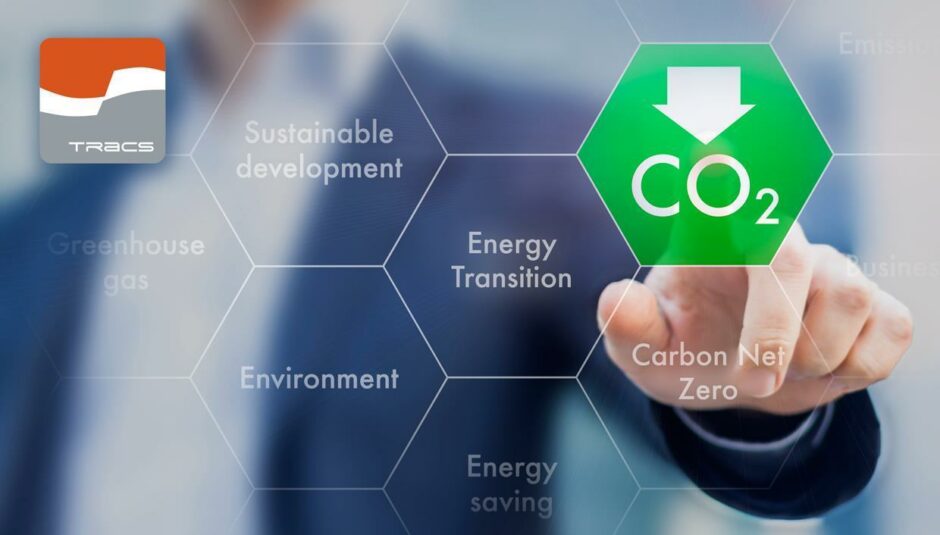
With 30 years of oil and gas experience, TRACS International (TRACS) has advised on development of oil and gas fields around the world – many of which are now candidates for safe disposal of CO2.
The training and reservoir management consultancy has more than a decade of experience in carbon capture and storage (CCS), taking on its first client back in 2011, and has since been engaged in numerous UK-led projects to sink CO2 into depleted hydrocarbon fields or saline aquifers in the North Sea.
Demand levels for TRACS’ experience in CCS have increased significantly over the last 18 months, as government ambition and investors’ demand for ESG policies come to the fore, not just in the UK but across Europe and the Middle East.
Therefore, TRACS is pleased to add CCS and Energy Transition to its Master Class Series as part of its training course portfolio. The TRACS master class follows the Story of Carbon from its underground source to post-industrial capture and sequestration back into the ground. From the concepts of the carbon challenge to the sub-surface, wells and facilities issues, TRACS’ industry-trained tutors lead participants through the technical and regulatory hurdles of identifying, evaluating, and developing a CCS resource.
As with all TRACS Training products, the content is varied according to a client’s needs and most TRACS courses are bespoke for a client group, with content and timing adjusted to the specific needs of that group (expertise level, reservoir types of interest, reservoir vs. surface vs. commercial engineering emphasis).
Over the last ten years, TRACS reservoir engineers have adapted their expertise from modelling fluid flow and pressure & temperature changes in the hydrocarbon phase to simulation of CO2 within potential CCS repositories. TRACS geoscientists and geomechanics specialists have integrated their understanding of the geology and rock strength to estimate the capacity to retain injected CO2. Production technologists and well engineers have been assessing integrity issues for recycling wells, and facilities engineers have evaluated infrastructure and capture options at power stations. Meanwhile the commercial teams have been considering the economics and regulatory requirements of CCS.
Both the consultancy and training arms of TRACS are applying their skills acquired in oil and gas to the Energy Transition and training the next generation in the context, fundamentals, and details of CCS.
Experts agree that this transition must not only be a cautious stepping stone approach, but also an urgent move away from hydrocarbons to more sustainable forms of energy. TRACS has a vital role to play given its experience, strong technical skills, and determination to meet the challenge of the Energy Transition head on.
For further information contact TRACS International – reservoir@tracs.com or training@tracs.com
Recommended for you
